The coffee culture of Japan is a storied and studied thing. For followers of third-wave development in the States that are not familiar with the reverence and precision of the Japanese approach, the chapter about it in James Freeman’s 2012 book The Blue Bottle Craft of Coffee: Growing, Roasting, and Drinking, with Recipes is an eye-opening read. While a growing number of North American and other foreign roasters have gained footing in Tokyo, a reciprocal movement towards exporting their culture has gained steam as well — to Boston, for example, in the form of Ogawa Coffee.
Yet in order to continue to develop and assert its own unique identity in the specialty coffee world, equal, or greater attention must be paid to growing and supporting Japan’s internal community. This is exactly the mission of Glitch Coffee and Roasters, a new café and roaster-share facility that opened in Tokyo in April 2015, founded by 2014 Japan Aeropress Champion Kiyokazu Suzuki.
With Suzuki at the helm, Glitch roasts its own on an in-café 5-kilo Probat machine, and serves that coffee in drip, on their house-built V60 pourover stand, and through a couple Mazzer Roburs paired with a La Marzocco Linea PB. Multiple benches, counters and long tables emphasize the sense of togetherness even among customers of the café. White walls, big windows and natural wood tones create an aesthetic forthrightness that captures Glitch’s spirit of openness and transparency.
Glitch offers coffee tasting and brewing workshops to the public to cultivate appreciation for their offerings as well as the offerings of similar cafés. “We believe that if they understand the character of a coffee’s origin, they will have a truer enjoyment of the brew,” Suzuki told Daily Coffee News in an email.
Currently four other coffee businesses are also roasting on Glitch’s Probat, a strategy Suzuki hopes will benefit not only the Tokyo scene, but also Japan’s standing in the international world of specialty coffee. “In Japan we have our own barista champions, roasting champions, siphon champions, and drip champions,” said Suzuki. “The quality of coffee here, including green coffee beans, has been increasingly excellent over the past five years, and we believe that the coffee shops employing baristas have been providing a great quality of coffee.”
Suzuki hopes that by sharing his knowledge, and his roaster, with other local coffee businesses, there will be growth of high-end coffee beyond the increasingly common carts and stands into more brick-and-mortar institutions. “The attention tends more toward pop-up shops rather than quality coffee shops,” said Suzuki. “By building a ‘made-in-Japan’ team, we wish to increase the number of coffee shops in Japan where baristas can show off their unique characteristics, and allow Japan to join the ranks of amazing roasters worldwide.”
Suzuki is the head roaster for Glitch, which is the culmination of his years learning the craft while working for Paul Bassett, a company founded by the Australian World Champion barista. Now also an admirer of Norwegian coffee culture, Suzuki’s roasting philosophy leans towards lighter roasts. “We try to differentiate ourselves from chain coffee shops by expressing the character of the coffee’s origins,” said Suzuki. He emphasized that Glitch’s roast style is not dictated as much by the tastes of the average consumer than it is by the unique attributes of each origin, which they hope to bring out in the cup.
Howard Bryman
Howard Bryman is the associate editor of Daily Coffee News by Roast Magazine. He is based in Portland, Oregon.



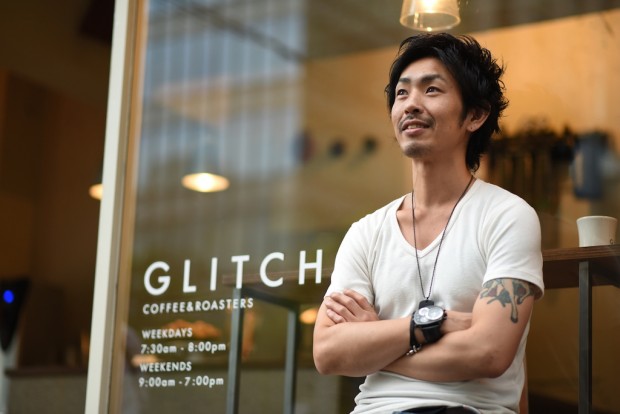
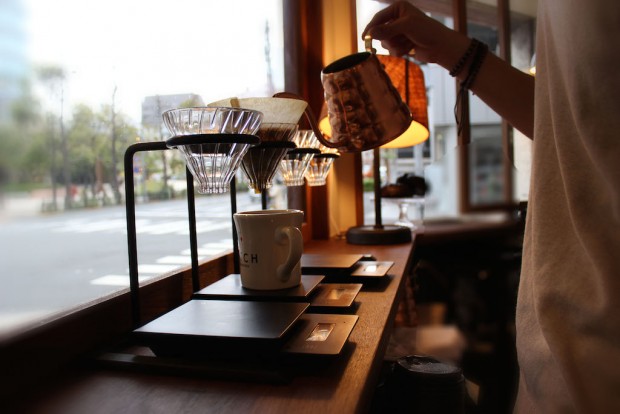
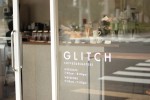

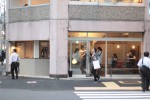
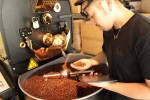



Comment